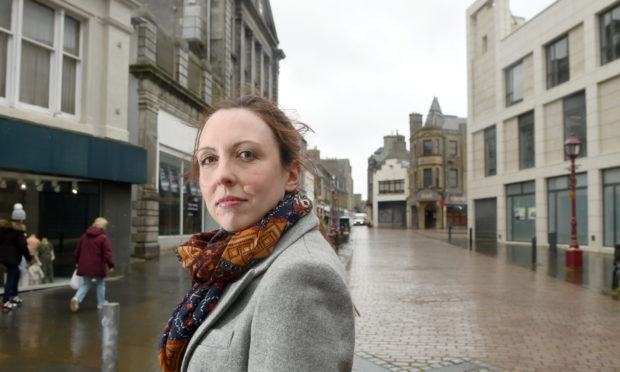Efforts to tackle a mental health crisis in Caithness have passed a crucial landmark, with an action plan based on community feedback being taken forward.
The Caithness Mental Wellbeing Pathfinder project was launched last month amid rising drug addiction and on the back of several recent tragic events, including suicides.
The issues are long-standing, but have escalated during the pandemic.
Caithness was chosen to be the first in the region to use some of a £700,000 funding package allocated to Highland Council by the Scottish Government to address the adverse impact of Covid on young people aged from five to 24.
A number of public meetings with key partners and young people have taken place, helping shape a five-point approach to tackling the problem.
These include developing a range of age-appropriate and accessible activities for young people and creating safe places for them to gather, with “safe” people and peer-to-peer support.
The points raised also include preventing issues from reaching crisis point by supporting parents and carers at an early stage and building a better understanding through education programmes to improve knowledge and tackle stigma.
Troubled youngsters have long called for appropriate support for people in crisis on a 24/7/365 basis and this is included in the five-point approach.
The appointment by Highland Council of a manager for the project is an immediate first step, while community engagement continues towards the preparation of a detailed plan next month.
The manager will also ensure that the good practice developed from the project is shared across Highland.
Steven Syzfelbain, who founded the No More Lost Souls peer support group, said he is delighted to be involved with the project.
He said: “It is a privilege to speak on behalf of those who are battling with their own mental health issues, and I am truly appreciative to see Caithness getting its proper recognition from the Scottish Government.
“It is our hope that we see full time mental health care for all in Caithness, with proper staffing and above all understanding and empathy for everyone.”
Local councillor Nicola Sinclair said the community was essential to making it all work.
She said: “Today felt like a landmark moment in wholeheartedly tacking an issue that has plagued our community for decades.
“We discussed the need for education, compassion and early support to the most vulnerable people in our society, and in particular this pathfinder aims to rediscover hope in our community and rebuild a sense of worth amongst our young people.
“The community will be essential in making all this work – they expertly guided us through the turmoil of the last year and we owe it to everyone who has worked so tirelessly to now stand united and make positive progress in 2021.”
Mrs Sinclair said the involvement of people at the very top of partner organisations gave her encouragement that things will change.
She added: “The community and young people must be at the heart of what we do, and they won’t have to do it on their own.
“We have the resources to help.”
Fellow Caithness councillor, Karl Rosie, said: “During these challenging times having hope can be a strong incentive to bring about change.
“We must build hope in our community by tackling challenges openly and helping to create a sense of place for everyone.
“The feedback from everyone taking part is very encouraging and we will work tirelessly to pull together a package of support that we hope will make a genuine difference.
“We ask the public to get behind this and continue to support one another as they have done so well in recent months.”
